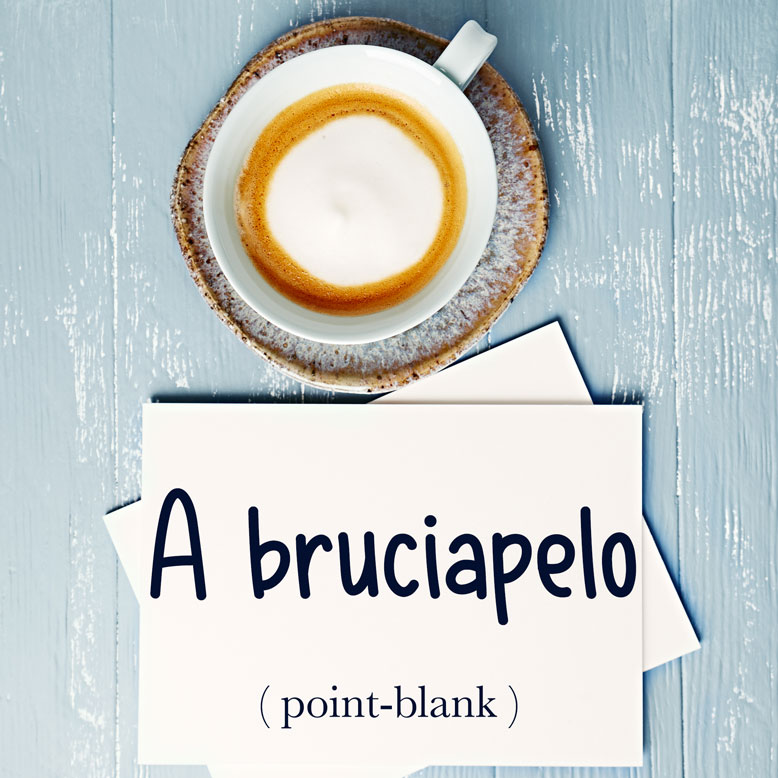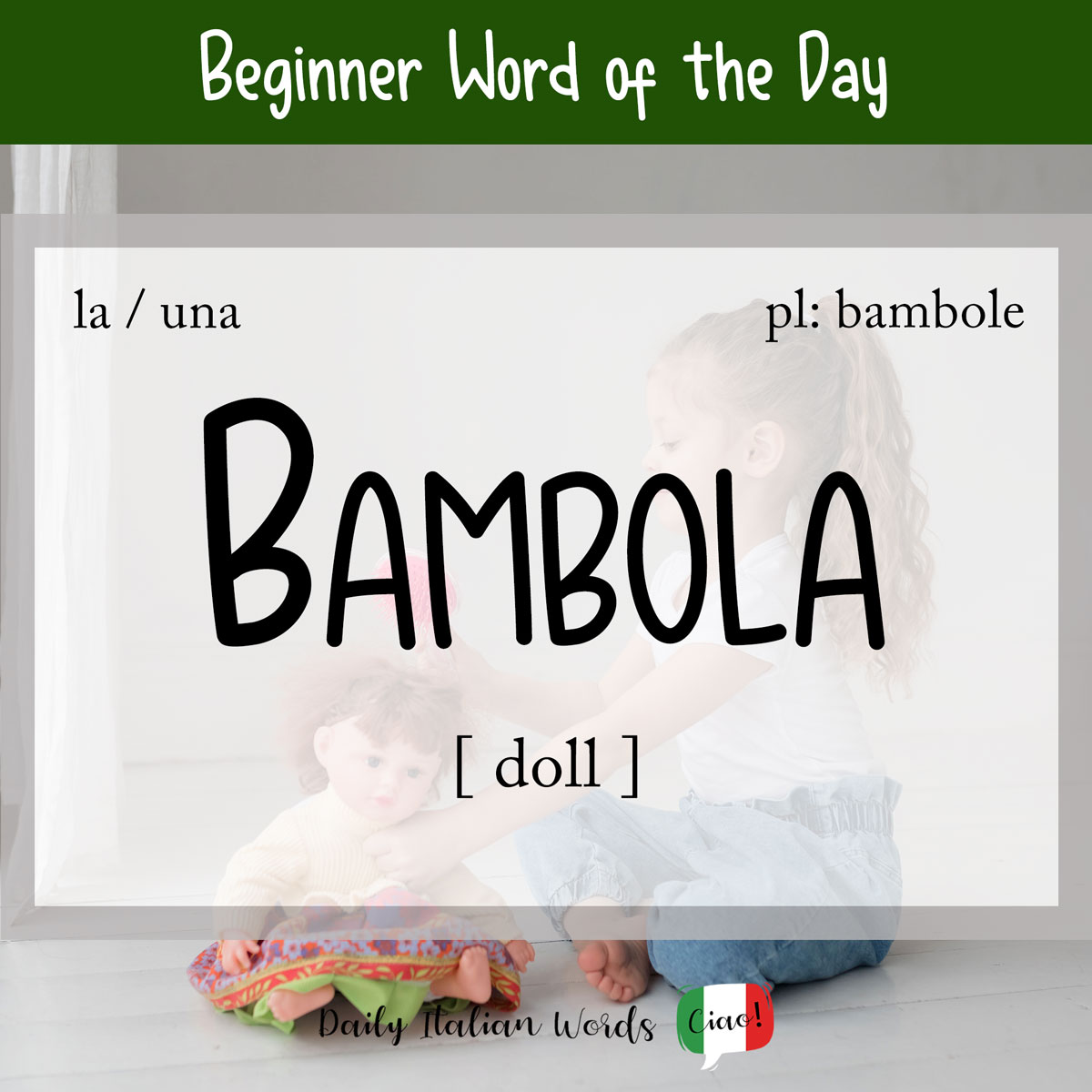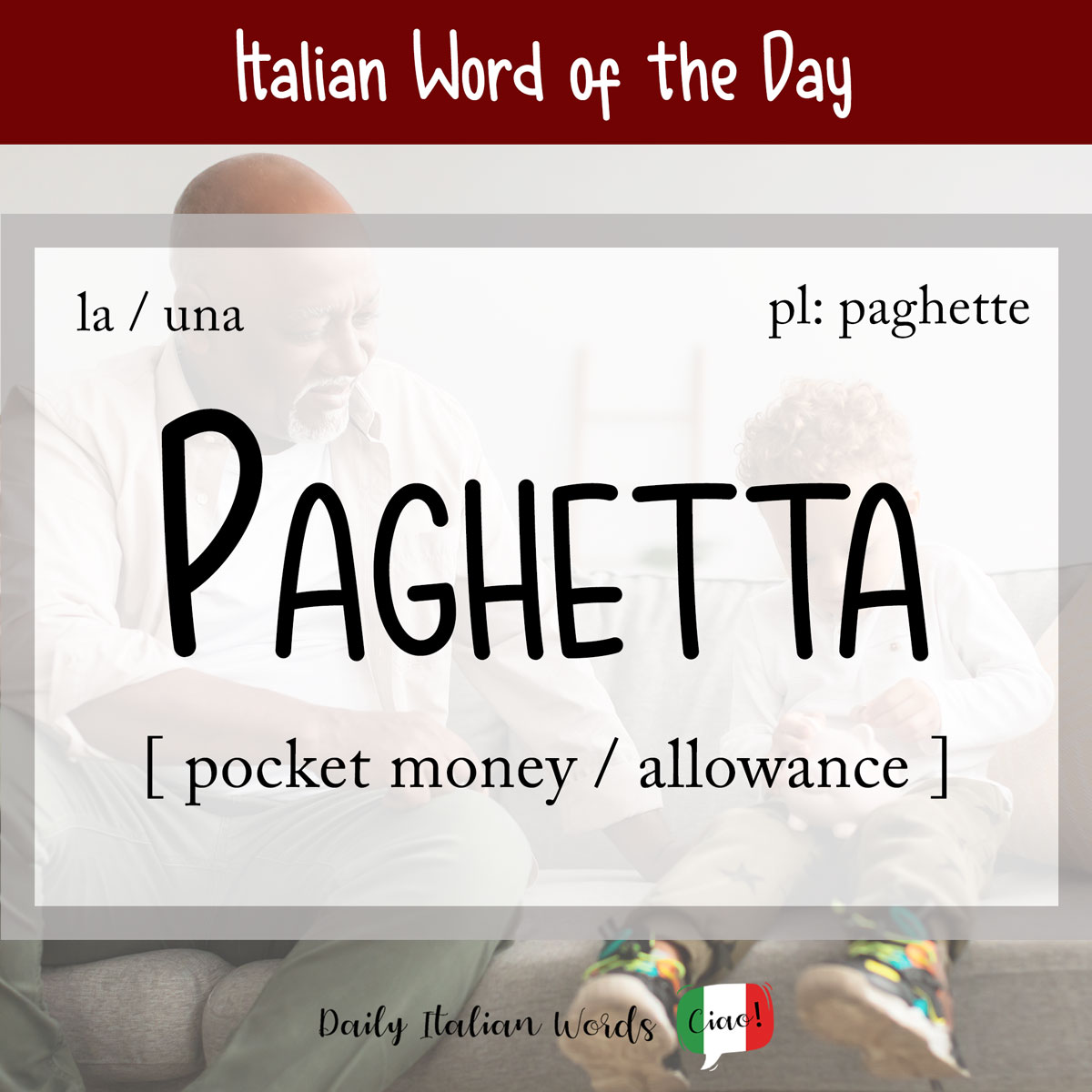Italian Word of the Day: Eccellente (excellent)
Do you want to talk about something truly worthy of praise? Then it’s time to learn the adjective eccellente, which is the Italian word for excellent! Eccellente‘s form remains the same regardless of whether you are describing a masculine or feminine subject. In its plural form, it becomes eccellenti with an -i on the end. …






